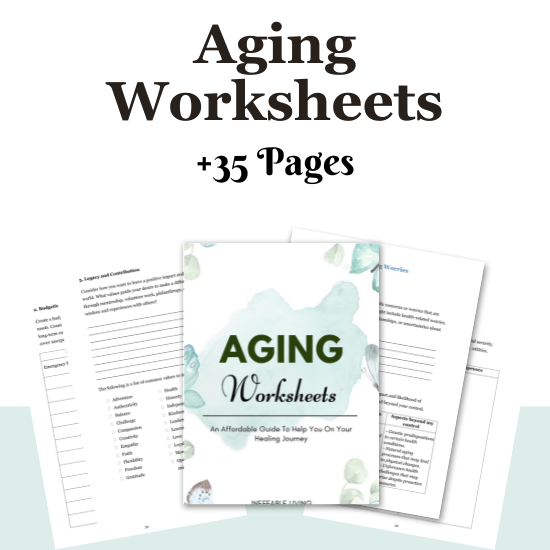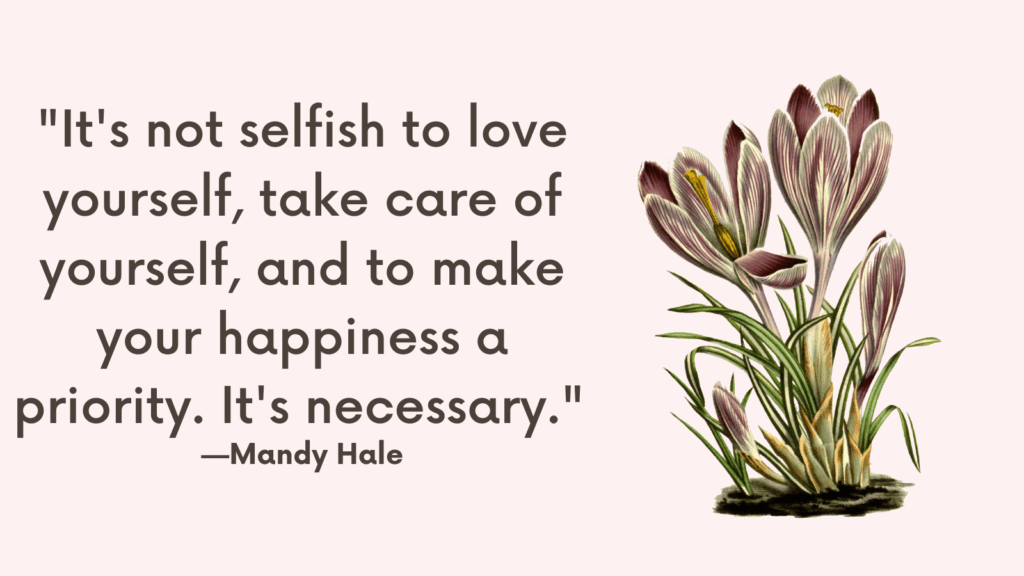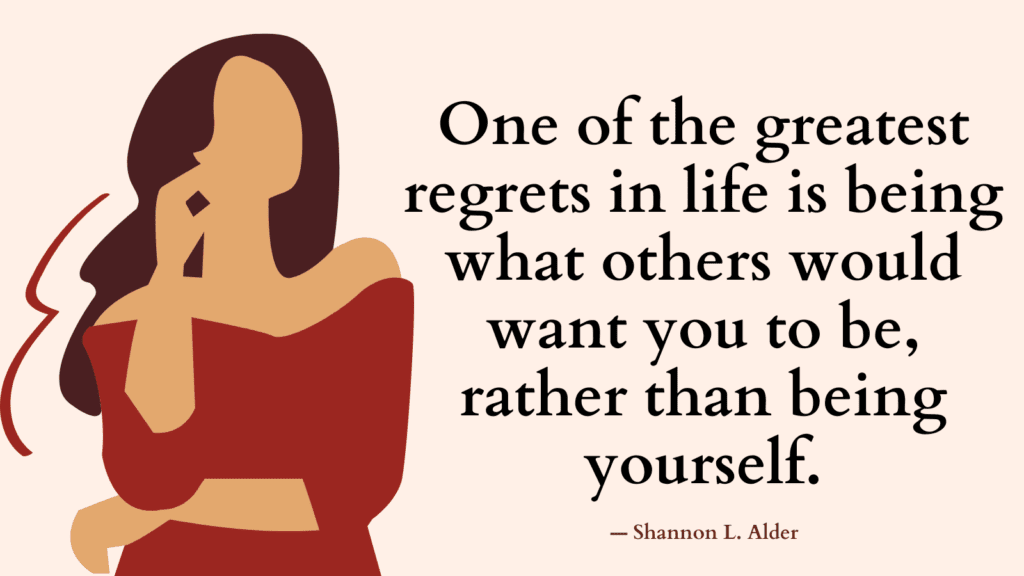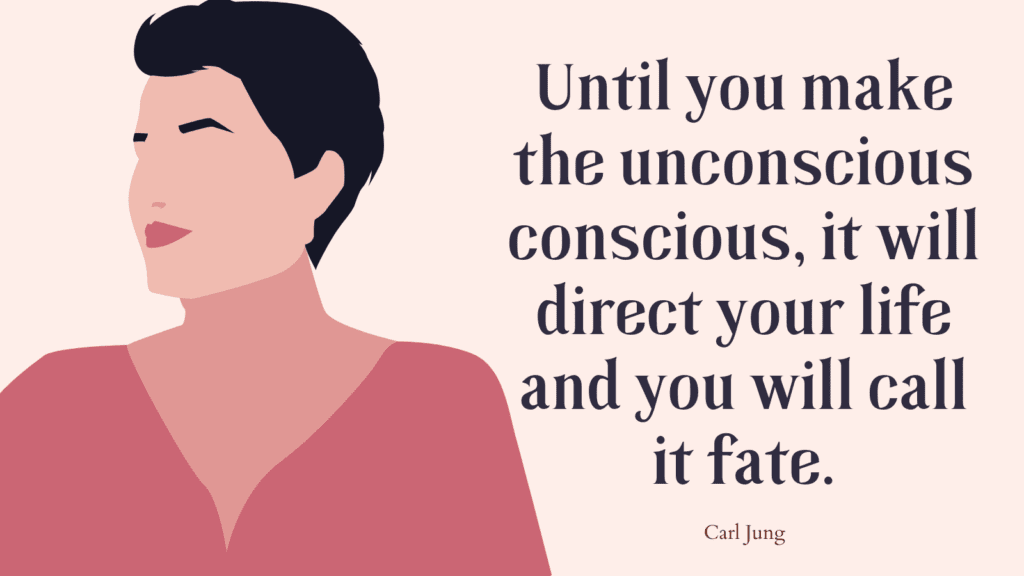When people hear “aging well,” the first thought often goes to smooth skin, toned bodies, or staying youthful in appearance. But true aging well goes far deeper than how you look—it’s about the quality of your relationships, the resilience of your mind, the strength of your spirit, and the sense of meaning that carries you through each stage of life.
Why We Confuse Aging Well With Looking Young
Culturally, aging has been reduced to a beauty metric.
Wrinkle-free skin. Youthful glow. Tight body.
But this fixation on appearances hides something deeper — a fear of becoming irrelevant, invisible, or unlovable as we age.
We’re not really afraid of aging.
We’re afraid of what society has told us aging means:
That your value peaks early.
That wisdom is secondary to appearance.
That being older means being less wanted, less interesting, less seen.
So “aging well” often becomes code for “aging without looking like you are.”
What Does Aging Well Really Mean Beyond Looks?
1. Emotional Flexibility
Aging well means being able to adapt emotionally when life changes—whether it’s retirement, loss, health challenges, or shifting roles in family and society. Flexibility allows you to bend without breaking, to feel deeply without being consumed, and to keep moving forward despite challenges.
2. A Sense of Purpose
Looks fade, but meaning sustains. People who age well often stay connected to a purpose larger than themselves—whether that’s nurturing family, creating art, serving their community, or continuing to learn. Purpose keeps life vibrant long after appearances change.
3. Nurturing Relationships
Loneliness can age someone faster than wrinkles ever will. Aging well means tending to the bonds that matter: friendships that nourish, family ties that heal, and communities that embrace. Healthy relationships provide belonging and reduce the weight of isolation.
4. Intellectual Curiosity
Keeping the mind engaged is a form of youthfulness. Aging well means continuing to ask questions, to learn, to read, to create, and to explore. Curiosity protects against stagnation and keeps the inner world alive with possibility.
Related: Soul Alignment: How to Reconnect With Your Essential Self & Find Your Purpose?
5. Inner Peace Over Outer Perfection
At some point, the race to preserve appearances becomes exhausting. Aging well means shifting the focus from chasing perfection to cultivating peace—accepting lines, scars, and changes as part of a story well lived. Self-acceptance becomes more powerful than comparison.
6. Caring for the Body With Respect
Aging well doesn’t ignore the body—it honors it. Instead of pushing it to match youthful expectations, it means:
- Moving in ways that feel nourishing rather than punishing
- Eating foods that support health, not just aesthetics
- Listening to the body’s needs with patience and care
Respect, not resistance, defines true physical wellness.
7. Resilience in the Face of Loss
Aging inevitably brings losses—people we love, roles we held, versions of ourselves we’ve left behind. Aging well doesn’t mean avoiding grief, but carrying it with strength, allowing it to deepen compassion instead of hardening the heart.
8. Gratitude for the Present Moment
Rather than yearning endlessly for youth or fearing the future, aging well means finding beauty in the now: the laughter at the table, the warmth of the sun, the wisdom earned from survival. Gratitude turns ordinary days into extraordinary ones.
Related: Best 35 Journal Prompts To Get To Know Yourself

Conclusion
Aging well is not about defying time—it’s about living fully within it. Beyond looks, it’s measured in peace, purpose, connection, curiosity, resilience, and gratitude. Wrinkles and gray hair are not signs of decline, but symbols of a life lived with depth. True beauty in aging lies in how you carry your heart, not just your face.



